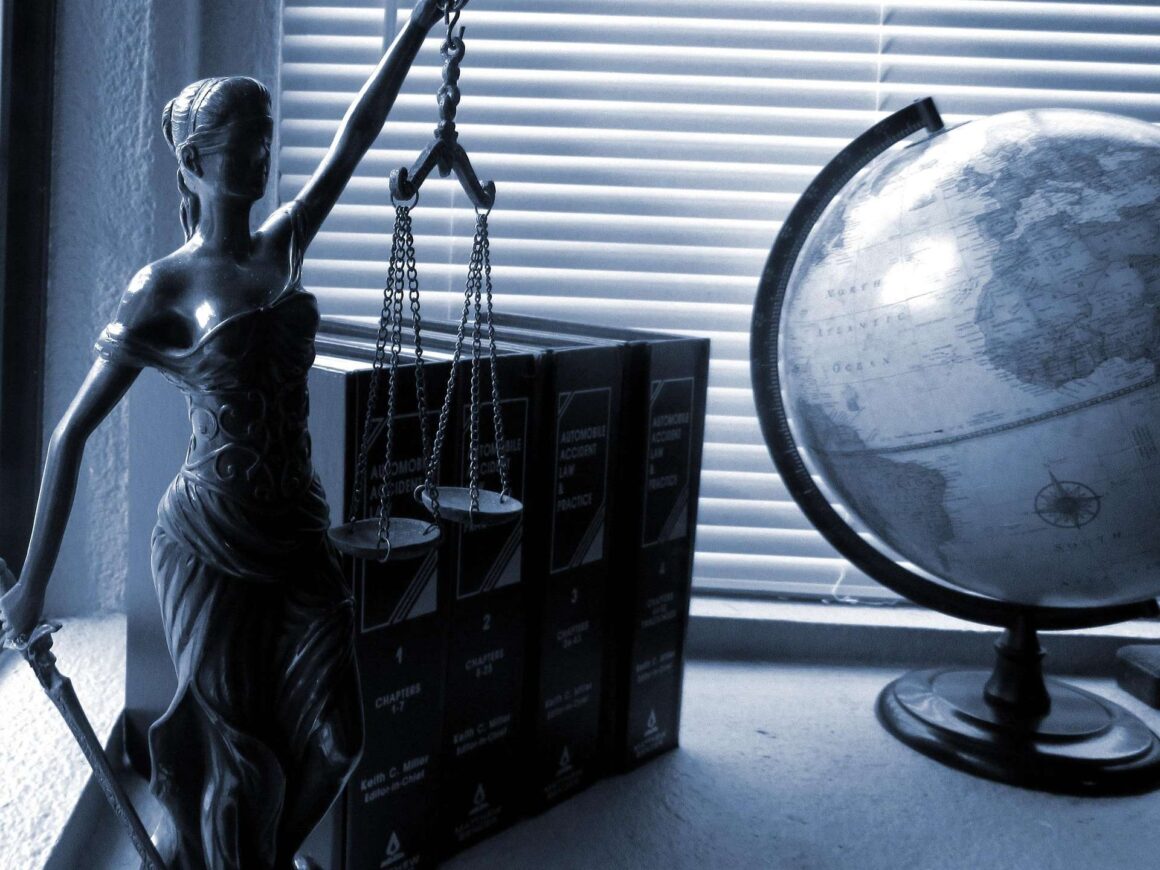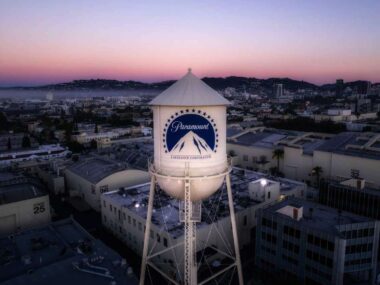The Boycott That Split Hollywood
A massive boycott against the Israeli film industry is gaining traction in Hollywood. Even industry big names like Emma Stone and Javier Bardem have signed on to a pledge refusing to work with Israeli film institutions.
The open letter organized by Film Workers for Palestine accuses Israeli cultural bodies of complicity in genocide against Palestinians. Over 5,000 actors, filmmakers, and industry workers signed it. They promised to boycott Israeli festivals, production companies, and distributors linked to the government.
The letter claims it targets institutions, not individuals. It’s supposed to draw inspiration from the boycotts of apartheid South Africa. It’s a well meaning gesture that makes Hollywood feel righteous, even if it complicates the very principles it claims to defend.
The Counter Boycott
More than 1,200 other Hollywood figures including Liev Schreiber, Mayim Bialik, and Sharon Osbourne published a counter letter rejecting the boycott. They argue it fuels antisemitism, silences dissenting Israeli voices. They feel it erases the nuance of those in Israel who oppose their own government’s policies.
Major studios like Paramount have distanced themselves from the boycott. There’s fear that it undermines artistic freedom while damaging international collaboration. Even some Palestinian filmmakers have voiced concern, saying the boycott risks collective punishment rather than progress.
When Activism Meets the Law
That moral stand could have legal consequences. Jewish civil rights groups are threatening lawsuits. They claim the boycott amounts to illegal discrimination based on nationality and religion. They argue it creates a blacklist of Jewish and Israeli filmmakers, something that echoes darker moments in American labor and cultural history.
A major Jewish civil rights organization warned Hollywood that participating in this boycott could violate U.S. civil rights law. The law prohibits discrimination in the workforce over someone’s national origin.
Their position is clear. You can protest a government’s policies. You can’t refuse to work with an entire group of people because of where they’re from.
The boycott’s organizers insist they’re targeting institutions, not individuals. Critics say that distinction doesn’t work in real life. Festivals, co-productions, and funding bodies are interconnected. Even Israeli filmmakers who publicly oppose their government could find themselves ostracized.
Courts and Culture Wars
If these lawsuits move forward, they’ll land in a political climate where Hollywood’s moral posturing might not play well. Federal and Supreme Court benches are filled with conservative judges. Many were appointed by Donald Trump, who despises Hollywood with a passion.
The boycott may feel like a stand for justice, it could become a test case that reshapes how political activism affects the arts. The question isn’t whether Hollywood can express solidarity. It’s whether it can do so without breaking the law.






